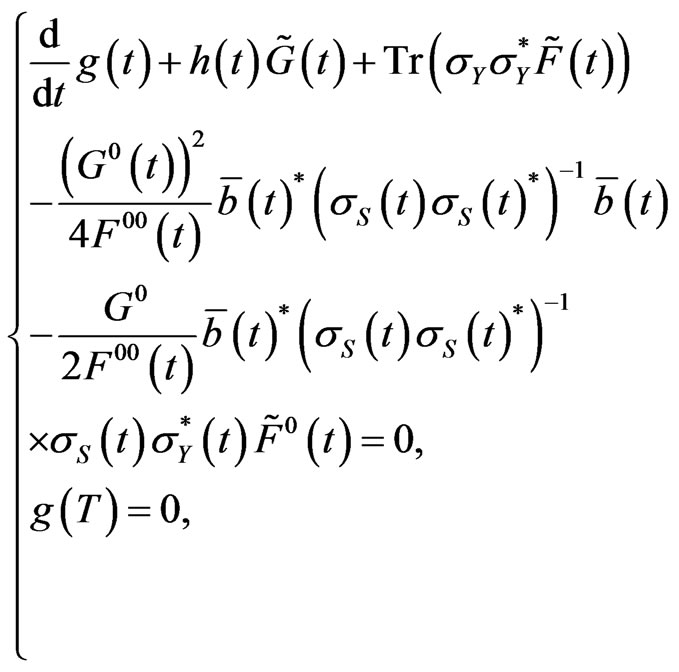

The latter approach requires finding a set of weights that guarantees the equivalence of the original problem and the single-objective one and the search of correct weights can be very time consuming.
#INFIMUM INFINITESIMALS SERIES#
To tackle them, traditional approaches either require solution of a series of linear programming problems or apply a scalarization of weighted multiple objectives into a single-objective function. In this paper, Lexicographic Multi-Objective Linear Programming (LMOLP) problems are considered. An important class of problems of this kind is lexicographic multi-objective problems where the first objective is incomparably more important than the second one which, in its turn, is incomparably more important than the third one, etc. Numerous problems arising in engineering applications can have several objectives to be satisfied. The results obtained using the two proposed approaches perfectly match, showing that grossone may represent a fruitful and promising tool to be exploited within Nonlinear Programming. The use of grossone allows to work numerically with infinities and infinitesimals.

Then, another algebraic perspective is detailed, relying on a novel recently proposed theory, which includes an additional number, namely grossone. First, we start detailing a more standard algebraic viewpoint of the problem, suggested by planar methods. In this regard, here we sketch two separate analyses for the possible CG degeneracy. All the proposed alternatives seem to rely on algebraic considerations, and basically pursue the idea of improving numerical efficiency.

Several approaches have been proposed in the literature to issue the latter drawback in optimization frameworks, including reformulating the original linear system or recurring to approximately solving it. This paper deals with an analysis of the Conjugate Gradient (CG) method (Hestenes and Stiefel in J Res Nat Bur Stand 49:409–436, 1952), in the presence of degenerates on indefinite linear systems. The work also describes the implementation of an evolutionary algorithm able to solve PL-MPL-MOPs, and reports its performance when compared against other popular optimizers. Interestingly, PL-MPL-MOPs seem to be very well qualified for modeling real world tasks, such as the design of either secure or fast vehicles. This class of programs preserves the original preference ordering of pure many-objective lexicographic optimization, but instantiates it over multi-objective problems rather than scalar ones.

Then the focus shifts on a new class of problems proposed and studied for the first time only recently: the Priority-Levels Mixed-Pareto-Lexicographic Multi-Objective-Problems (PL-MPL-MOPs). The discussion starts with a review of the literature, emphasizing the numerous application in the real life and the recent burst received by the advent of new computational frameworks which work well in such contexts, e.g., Grossone Methodology. This work aims at reviewing the state of the art of the field of lex-icographic multi/many-objective optimization.


 0 kommentar(er)
0 kommentar(er)
